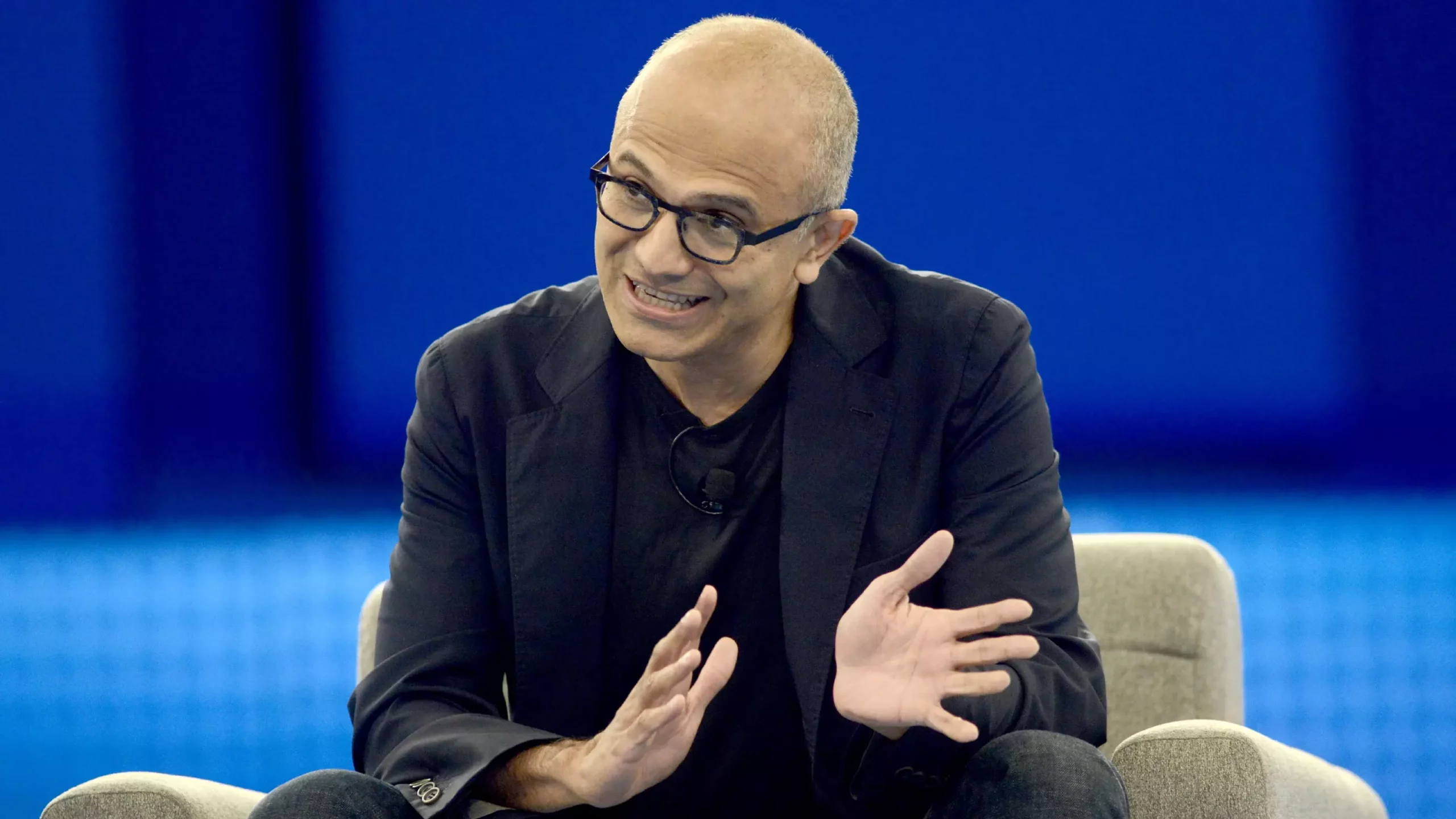In an age where technology evolves at lightning speed, the realm of programming is undergoing a transformative shift. Companies like Microsoft, Google, and Meta are increasingly turning to artificial intelligence (AI) to assist in fundamentally changing how code is created and implemented. The rising reliance on AI-driven code generation raises not only exciting possibilities, but also a plethora of concerns regarding code quality, security, and the future of software development.
AI’s Quantum Leap in Coding
Satya Nadella, Microsoft’s CEO, recently shed light on this intriguing topic during a conversation with Meta’s Mark Zuckerberg. Nadella revealed that between 20 to 30 percent of the code in some of Microsoft’s projects is now generated by AI. This statistic indicates a significant shift toward utilizing AI’s capabilities to facilitate coding. For those of us who find the intricacies of coding daunting, this innovation seems like a double-edged sword; on one hand, it promises faster development cycles and, on the other, it invites skepticism about the autonomy of machines in a domain historically governed by human intellect.
Interestingly, Nadella distinguished between code written from scratch and AI-generated code. The suggestion that AI is capable of writing “fresh” code across various programming languages indicates a level of advancement previously thought unattainable. However, the nuances of code quality, especially in complex languages like C++, were acknowledged by Nadella as still requiring work, creating an air of uncertainty regarding the reliability of AI-generated programming solutions.
The Fuzzy Math of AI-Generated Code
Despite the compelling figures presented, one has to interrogate how this calculation stems from real-world applications. For instance, if auto-completion tools—some of which could easily fall under the umbrella of “AI-generated”—are included in that 30 percent, the line between machine-assisted coding and fully autonomous coding becomes muddled. CTO Kevin Scott anticipates that 95 percent of Microsoft’s code could be AI-generated by 2030, a staggering prediction that speaks volumes about the changing landscape of software engineering.
Still, skepticism lingers. While it’s thrilling to envision a world where code is churned out efficiently by algorithms, the practical implications of such a reliance are unclear. Both Nadella and Zuckerberg embrace the potential of AI in enhancing coding practices, albeit amidst underlying concerns. The lack of a concrete understanding of how much code is developed autonomously and how it affect existing codebases suggests that we may be teetering on precarious ground in terms of understanding our reliance on AI.
Security Risks in AI Coding
One of the immediate concerns surrounding AI-written code is the burgeoning issue of security. Facebook’s CEO has expressed excitement about how AI-generated code could bolster security measures; nevertheless, this optimism clashes with findings from recent studies. These studies reveal alarming trends where AI can produce erroneous or misleading package dependencies—commonly referred to as “hallucination.” This phenomenon could effectively introduce vulnerabilities into systems if unchecked, showcasing that even in our rush to adopt AI, old adages ring true: “with great power comes great responsibility.”
The prospect of AI-generated code potentially facilitating the entry of malicious content into software systems cannot be dismissed lightly. As companies automate more of their coding processes, one must ponder the importance of robust verification procedures at every step. It’s a paradox: while algorithms may streamline coding and produce ostensibly flawless outputs, the lack of human oversight heightens the risk of catastrophic error.
The Future Outlook: A Dance with Trust
As the tech giants dive deeper into the perceived benefits of AI in coding, one must mechanically question where this leaves human developers. With the trajectory set for an AI-dominant future, what happens to job opportunities in the sector? While executives express enthusiasm regarding automation, the underlying implications for our labor market remain ambiguous.
In this new digital paradigm, trust in the systems we build will be paramount. Companies must not only ensure the reliability of the AI-generated code they promote but also engage with their workforce transparently about these disruptive changes. Striking a balance between innovative code generation and maintaining essential human oversight will be critical to harnessing AI’s potential while safeguarding against the lurking risks inherent in technology. The road ahead packs the promise of revolution; however, it requires navigating with caution to prevent missteps that could compromise the very foundation on which our digital world stands.


Leave a Reply